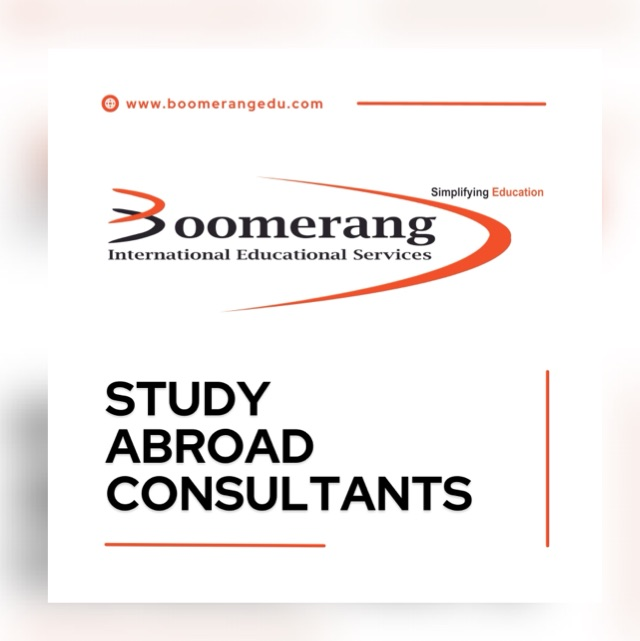

Our Courses
Transform Lives Through Professional Psychotherapy Education
Comprehensive Learning
Discover Australia's leading psychotherapy and counselling programs, designed to equip you with the knowledge, skills, and clinical experience needed to make a real difference in people's lives. Our accredited courses blend theoretical foundations with practical training, preparing you for a rewarding career in mental health.
Professional Excellence
From entry-level diplomas to advanced master's degrees, each program is carefully structured to meet industry standards and professional registration requirements. With experienced educators, supervised clinical placements, and flexible study options, you'll gain the confidence and competence to excel in this vital field.
Diploma of Counselling and Psychotherapy
Bachelor of Counselling and Psychotherapy
Graduate Diploma of Counselling and Psychotherapy
Master of Counselling and Psychotherapy
Why Choose Our Programs
Everything you need for a successful career in psychotherapy
Nationally Accredited Programs
Recognized qualifications that meet industry standards
Expert Faculty & Mentors
Learn from experienced practitioners and academics
Clinical Placement Included
Hands-on experience in real healthcare settings
Clear Career Pathways
Structured progression from diploma to masters
Courses FAQs
Common Questions About Courses
Find answers to frequently asked questions about the Courses process, requirements, and getting started with your psychotherapy education in Australia.
Yes. Most counselling and psychotherapy courses include supervised placements or clinical training. These experiences are essential for hands-on learning and meeting professional registration requirements.
Australia offers various psychotherapy programs including Bachelor of Counselling, Master of Counselling and Psychotherapy, Graduate Diploma in Counselling, and specialized programs in areas like family therapy, addiction counselling, and trauma therapy.
Course duration varies: Bachelor's degrees typically take 3-4 years, Master's programs 1.5-2 years, and Graduate Diplomas 1-1.5 years. Part-time options are often available, which extend the duration but offer more flexibility.
Yes, many institutions offer online or blended learning options for psychotherapy courses. However, practical components like supervised placements typically require in-person attendance. Online options provide flexibility for working professionals.
Graduates can work as counsellors, psychotherapists, mental health workers, family therapists, addiction counsellors, or in community mental health services. With additional training, you may also pursue private practice or specialized therapeutic roles.
Diplomas and graduate diplomas are typically shorter, skill-focused programs ideal for entry-level preparation or upskilling. Bachelor's degrees offer comprehensive undergraduate training, while master's programs are advanced qualifications designed for specialization, leadership, or clinical practice.
Not necessarily. Entry requirements vary by course level. While master's and graduate diploma programs may consider applicants from diverse academic or professional backgrounds, some may require prior study or experience in a related field. Diploma and bachelor programs often accept applicants without prior counselling education.
Yes. All courses are available to international students and are CRICOS-registered. You may be eligible to apply for the Student Visa (Subclass 500).
Yes. If English is not your first language, you'll need to meet specific language proficiency requirements (such as IELTS). The minimum required score depends on the course level.
Yes. All counselling and psychotherapy programs include supervised placements or clinical components to ensure hands-on learning in real-world settings.
Many of our programs offer flexible delivery modes, including blended learning (a mix of online and face-to-face) and part-time options, depending on the institution and visa conditions.
Graduates can work in private practice, community mental health, education, rehabilitation, family services, addiction support, or pursue academic or clinical pathways, depending on their level of qualification.
Some programs meet the academic requirements for provisional registration with professional counselling associations like the ACA or PACFA in Australia. Additional supervised hours may be needed post-study.
Yes. Some institutions offer scholarships, bursaries, or monthly instalment plans. Domestic students may be eligible for FEE-HELP. Speak to our counsellors for details based on your eligibility.
You can start by filling out our online registration form. Our team will guide you through eligibility checks, document preparation, and application to your chosen institution.









